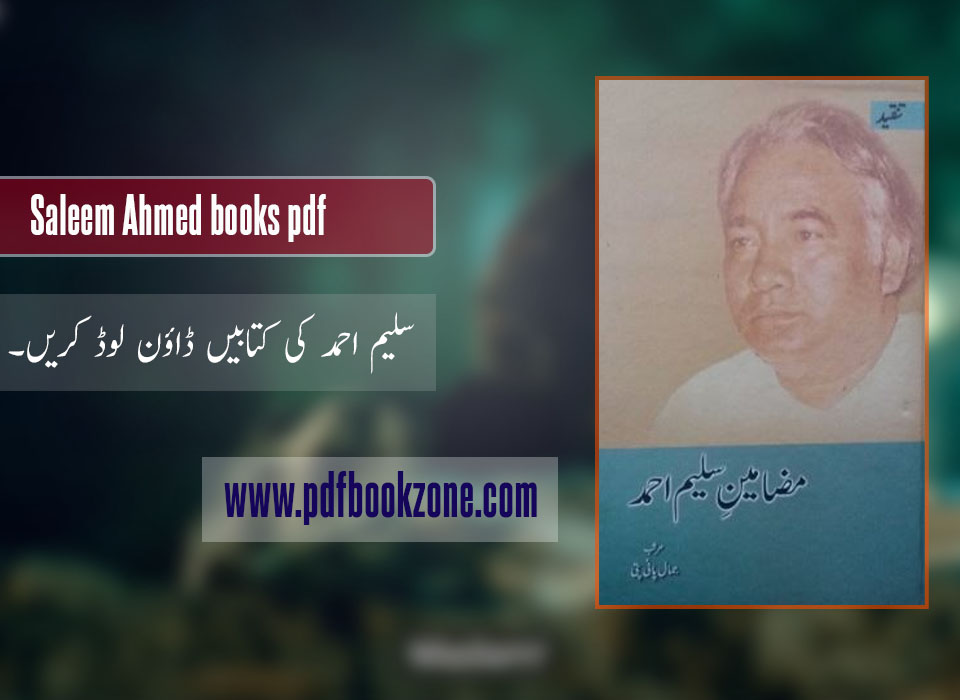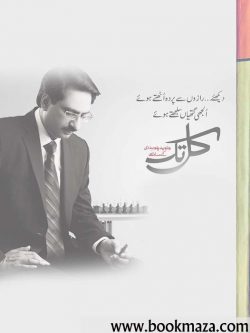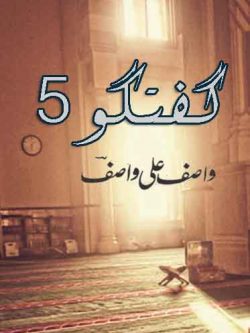Saleem Ahmed Writer and A Poet for the Modern Age
Saleem Ahmed was a Pakistani poet and writer who is considered one of the most important figures in Urdu literature of the 20th century. His work is known for its unconventional style, its exploration of modern themes, and its strong social commentary.
Ahmed was born in Karachi, Pakistan, in 1927. He studied English literature at the University of Karachi, and after graduating he worked as a journalist and editor. He began writing poetry in the early 1950s, and his first collection of poems, Bayaz, was published in 1958.
Ahmed’s poetry is often described as being “anti-ghazal.” The ghazal is a traditional form of Urdu poetry that is characterized by its use of rhyme, meter, and a particular set of poetic conventions. Ahmed rejected these conventions, and his poems are free-flowing and experimental.
Ahmed’s poetry often explores modern themes such as alienation, loneliness, and the loss of faith. He was also a vocal critic of social injustice and inequality. His poems are often angry and passionate, but they are also full of wit and humor.
Ahmed’s work has been translated into many languages, and he is considered one of the most important Urdu poets of the 20th century. He died in 1983, but his work continues to be read and admired by people all over the world.
Here are some of Saleem Ahmed’s most famous poems:
Aik Aadmi (A Man)
Bayaz (Silence)
Charagh-i-Neem Shab (The Lamp of Midnight)
Mashriq (The East)
Mohabbat (Love)
Safar (Journey)
Uljhi Sansen (Jangled Nerves)
If you are interested in learning more about Saleem Ahmed, I recommend reading his poetry or checking out the following resources:
Saleem Ahmed: A Critical Introduction by Muneeza Shamsie
The Poetry of Saleem Ahmed by Saleem Ahmed (translated by Muneeza Shamsie)
The Saleem Ahmed Reader (edited by Muneeza Shamsie)
I hope this blog post has introduced you to Saleem Ahmed, a great Urdu poet and writer. His work is worth reading and exploring, and I encourage you to do so.




Reviews
There are no reviews yet.